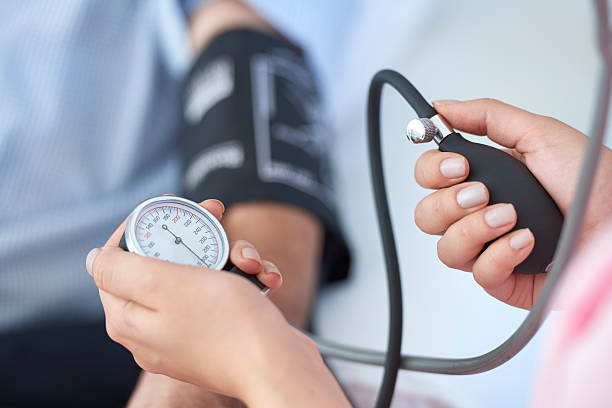Is it OK to have low blood pressure?
In healthy people, low blood pressure without any symptoms is not usually a concern and does not need to be treated. But low blood pressure can be a sign of an underlying problem -- especially in the elderly -- where it may cause inadequate blood flow to the heart, brain, and other vital organs.
Most of us are aware that having high blood pressure places you at increased risks for serious health conditions such as having a heart attack, stroke or kidney damage. But just as too high of a blood pressure is a cause for concern, sometimes too low of a blood pressure can be as well.
Blood pressure is a simple measure of overall health that can be routinely performed at a doctors visit or at home. Home blood pressure monitors are widely available, inexpensive and relatively easy to use. If you have too high or too low blood pressure, you should monitor it routinely in accordance with our doctor, says
A normal blood pressure is 120/80 mmHg. The top number is the systolic pressure and represents a measure of pressure in your arteries when your heart is contracting. The bottom number is the diastolic and represents pressure in your arteries when your heart is relaxing.
When blood pressure is too low
Whether blood pressure is too low has more to do with how you feel than the measured number. “A blood pressure of 90/60 mmHg may be normal for someone young and healthy, but may cause symptoms of lightheadedness or weakness in an older patient or someone with other health conditions,” Dr. Courson says.
What causes low blood pressure?
Medications are one of the most common causes for low blood pressure. Dr. Courson advises that if you do have low blood pressure measurements, you should review your medications with your doctor.
Though there are many factors that can affect blood pressure, three of the most important are:
- Stroke volume, which is the amount of blood pumped from your heart with each contraction.
- Blood vessel tone, which can be affected by stiffness or blockages in the blood vessels.
- Heart rate.
Disruption of any of these factors can result in low blood pressure. For example, a patient with heart failure and a low stroke volume may be prone to low blood pressures. This sometimes occurs if too much fluid is removed with diuretics (water pills).
Some conditions such as infection or paralysis can affect the tone in the blood vessels and result in low blood pressure. Arrhythmias that cause too slow (bradycardia) or too fast (tachycardia) heart rates can result in low blood pressure.
It’s normal for blood pressure values to fluctuate and to go up and down. You need a higher blood pressure when exercising and a lower blood pressure when at rest as your oxygen requirements differ under these conditions. Your autonomic nervous system regulates our blood pressure.
Some people have disorders that affect their autonomic nervous system that can result in difficulty regulating their blood pressure. This can result in low blood pressures upon standing or very labile blood pressure that fluctuate between high and low.
When to call the doctor
Low blood pressure can cause symptoms of lightheadedness or dizziness, weakness or feeling faint. If you have any of these symptoms associated with a low blood pressure, you should contact your doctor.
If you have a lower than normal blood pressure but you feel fine without symptoms you are probably okay, says Dr. Courson.
Cavemen had normal blood pressure (eat THIS)
 Watch now
Watch now









